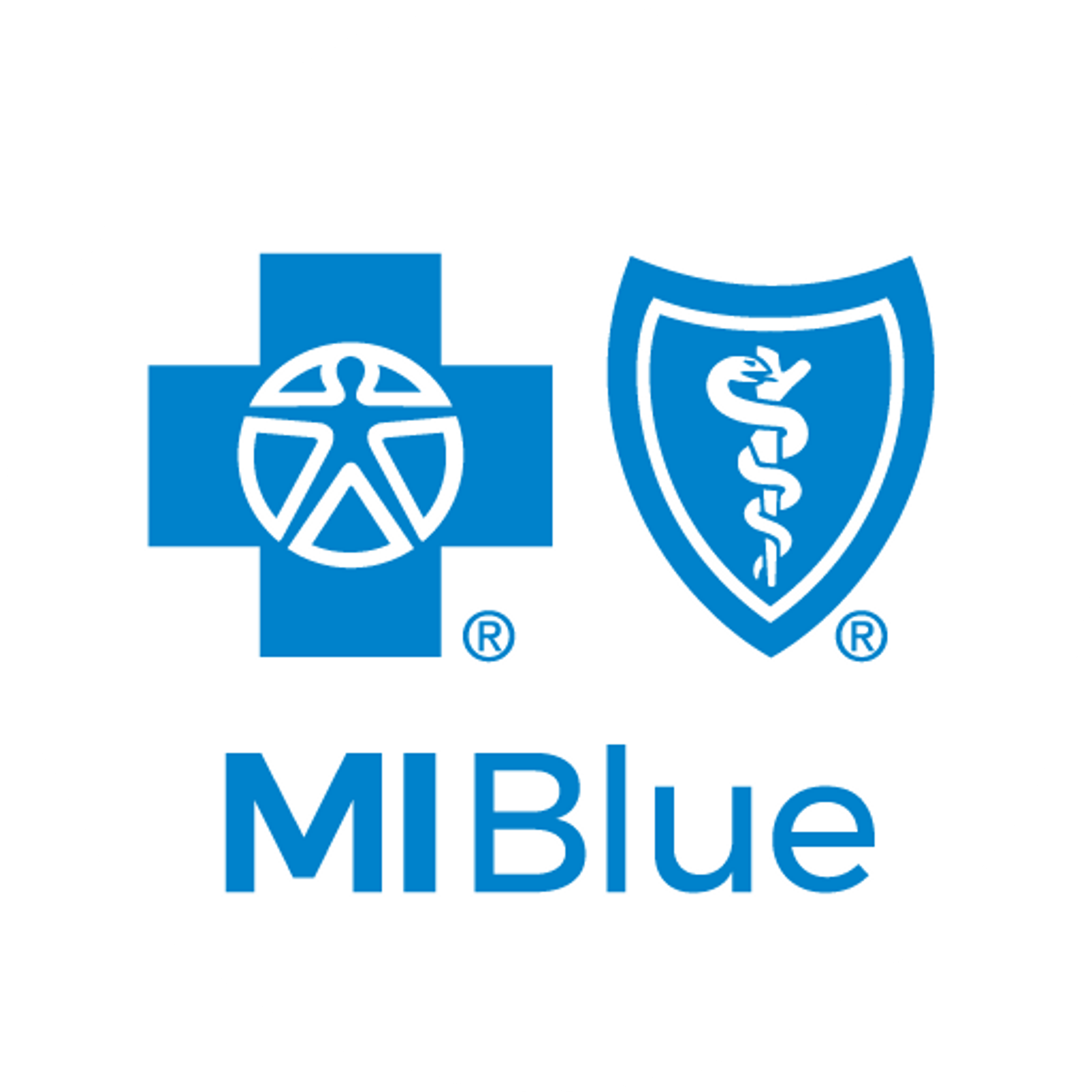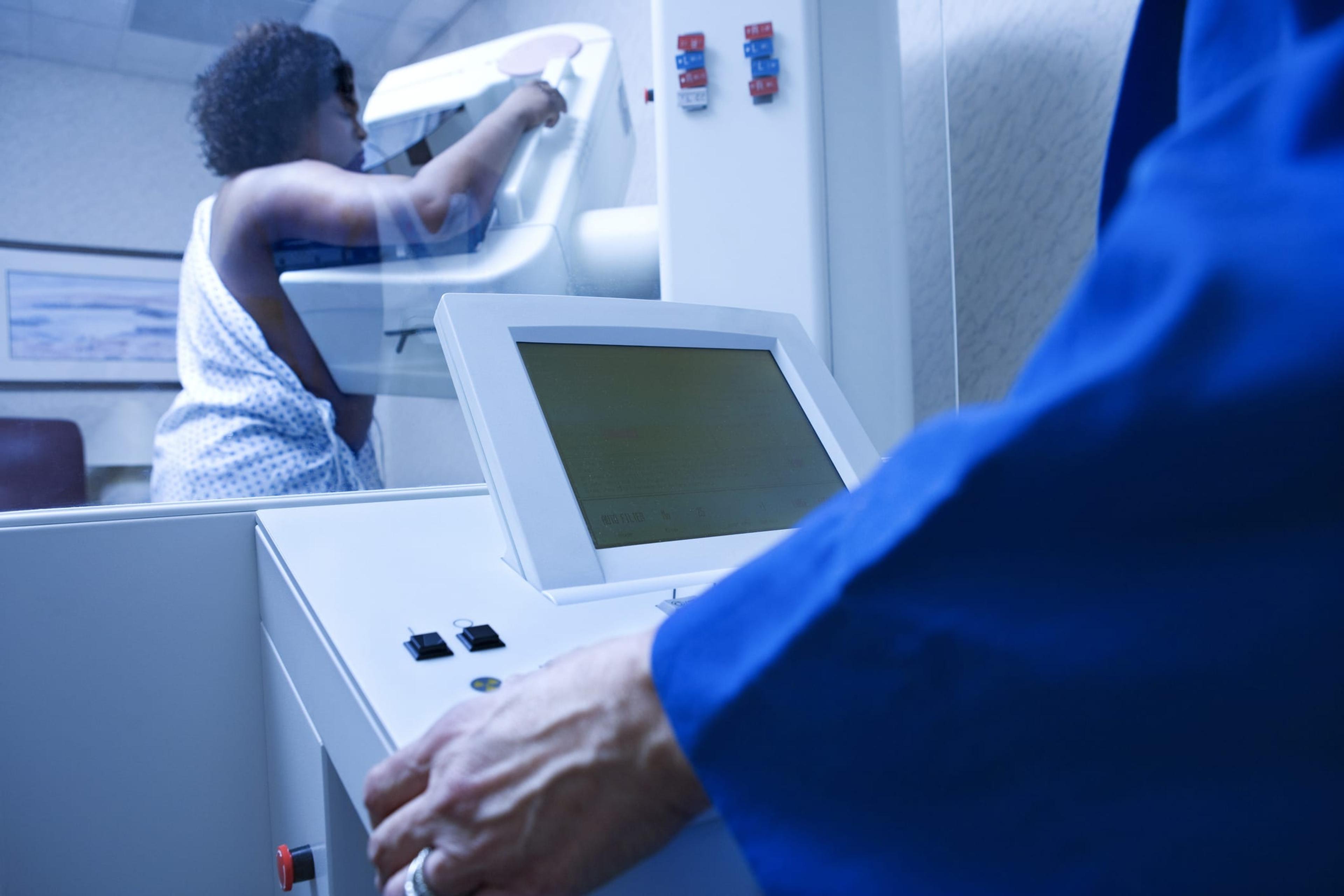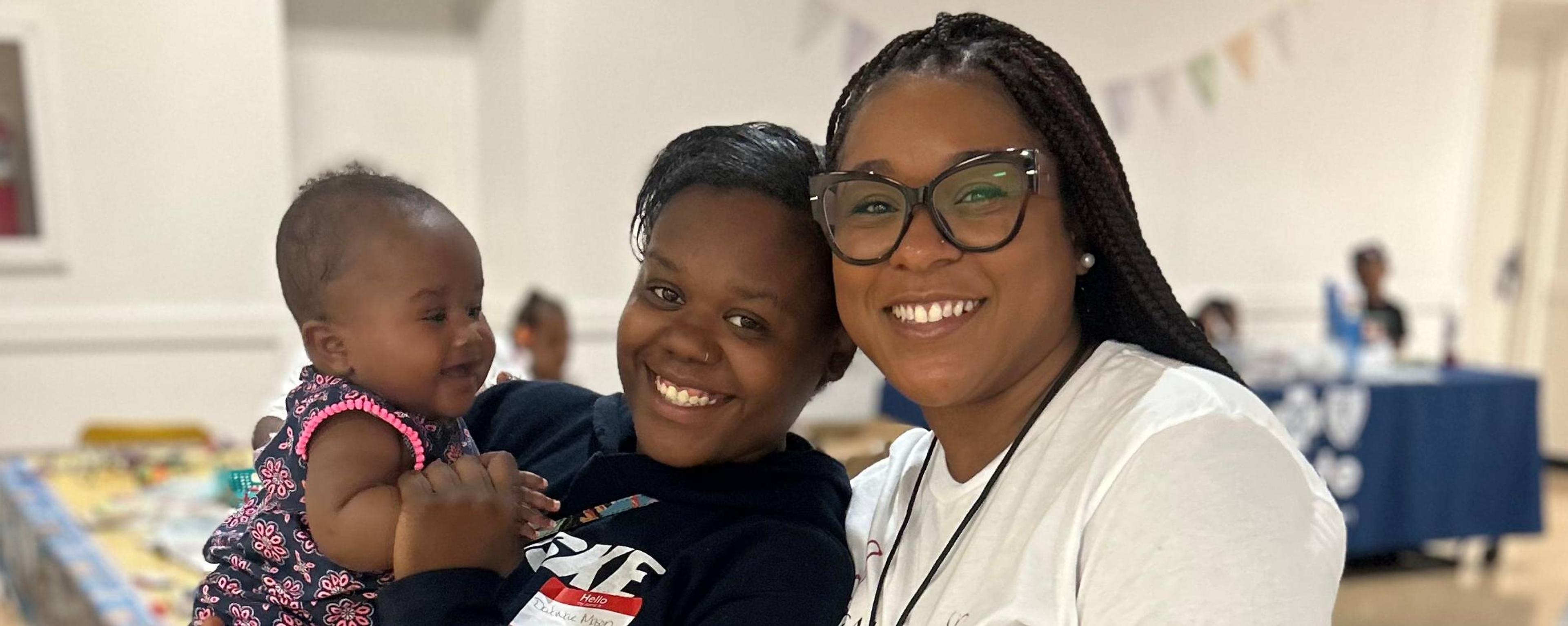Breast Cancer Awareness: Screenings Could Save a Life

Blues Perspectives
| 3 min read

Breast Cancer is the most common cancer in women worldwide and it has a huge effect on the people who are afflicted and their families. So what can be done? When it comes to breast cancer, early detection saves lives. The earlier breast cancer is detected, the better chances are for survival. Early detection is one of the reasons that there are currently more than 3.8 million breast cancer survivors in the country. The best way to detect breast cancer early is through screenings that are called mammography exams…or mammograms. It’s important to talk to your doctor about mammograms because so many different factors go into when and how often you should have these screenings. In general, the American Cancer Society recommends mammograms for women on the following schedule:
- Women between 40 and 44 – Should have the option to get a yearly mammogram (discuss with your doctor)
- Women from 45 to 54 – Should get mammograms every year
- Women 55 and older – Can switch to a mammogram every other year…or maintain their yearly screenings.
These guidelines are for women at average risk for breast cancer. This means that they don’t have a personal history of breast cancer, a strong family history of breast cancer, or a genetic mutation known to increase risk of breast cancer. Women at high risk need to consult their doctors about the best way to try and detect breast cancer, but according the American Cancer Society, these women should be getting an MRI and a mammogram every year as early as age 30. Blue Cross Blue Shield of Michigan or Blue Care Network plans cover many preventive care services, including mammography, when performed by in-network providers. In fact, many of our plans cover an annual preventive mammogram at 100% when it’s ordered by your doctor. To get all the information about what your plan covers and any potential out-of-pocket costs, look at your Summary of Member Benefits or call the number on the back of your ID card. Then, be sure to talk to your doctor as soon as possible about your breast cancer risk, when you should begin your screenings and, if you need one, schedule a screening today. You should also ask your doctor for guidance on how long to wait to get a mammogram screening after receiving a COVID-19 vaccine. Scheduling a screening could be a decision that will change your life. If you found this post helpful, check these out:
- Beyond Lumps: Other Potential Breast Cancer Warning Signs to Watch For
- How a 'Game' Helps Me Fight Fears of Cancer Recurrence
- Breast Cancer Awareness: What Steps to Take Today
Photo credit: Jupiterimages





